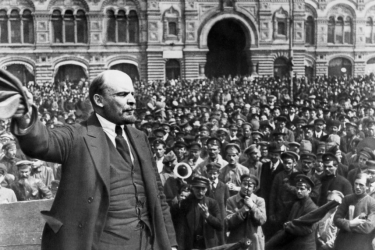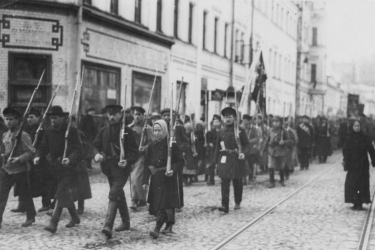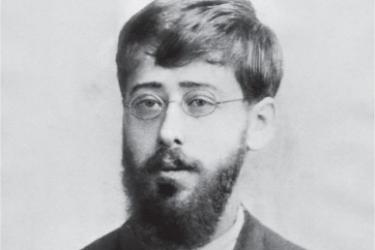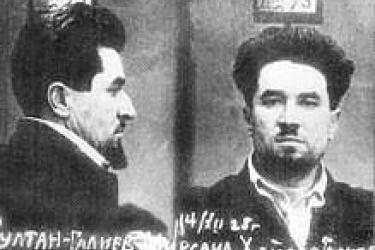Bolsheviks

Lessons of Russia's October 1917 revolution (Part II) — What kind of revolutionary organisation?
Read Part I “Coup or mass insurrection?” here.

Lessons of Russia's October 1917 revolution (Part I) — Coup or mass insurrection?
"October is still ground zero for arguments about fundamental, radical social change.

The lost voice of Iulii Martov
Paul Kellogg — To students of twentieth-century Russian history, the name Vladimir Il’ich Lenin is a constant, and inevitable, presence. But the name Iulii Osipovich Tsederbaum—better known through the pseudonym “Iulii Martov”—is either entirely absent from view or present only as a mysterious, and often unsavoury, figure.
Menshevism: The Girondins of 1917

A revolutionary line of march: ‘Old Bolshevism’ in early 1917 re-examined

Lev Kamenev reading Pravda
Before Lenin: Bolshevik theory and practice in February 1917 revisited

Petrograd protesters on 23 Fe


